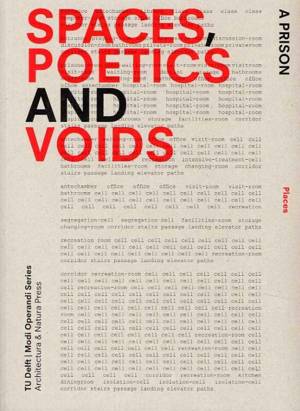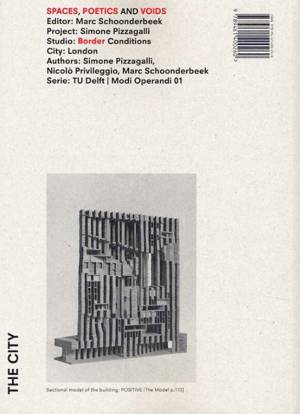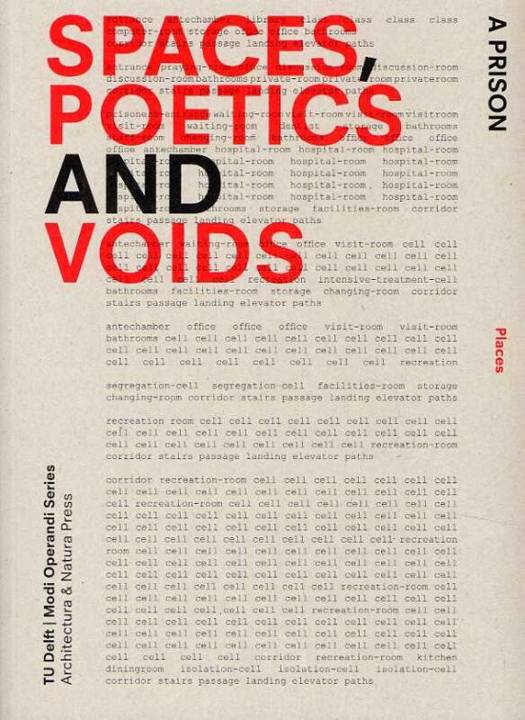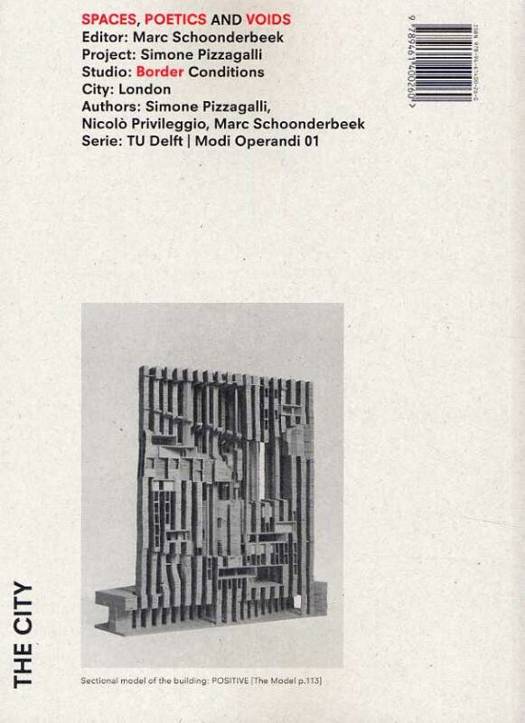
- Afhalen na 1 uur in een winkel met voorraad
- Gratis thuislevering in België vanaf € 30
- Ruim aanbod met 7 miljoen producten
- Afhalen na 1 uur in een winkel met voorraad
- Gratis thuislevering in België vanaf € 30
- Ruim aanbod met 7 miljoen producten
Zoeken


€ 24,50
+ 49 punten
Omschrijving
The East Railway Line in London is a fascinating subject of study. It is rich in history and forms a surreal and fragmented physical presence between the City and the East End. A literary analysis of the chaotically ordered composition of this part of the metropolis involves spaces, places, voids and objects within the realm of this place of experience and imagination, with its visible elements and its ethereal body of histories and myths. The process of naming spaces and elements becomes a new way of making them exist in reality, a way of translating the complex and chaotic body of the city into some rough material capable of being rearranged and sequenced in a story or on a map: words, pauses, punctuation, rhythms. As in a text, what is not written remains the place of the active reading imagination, and similarly this applies to empty city areas, voids, unnamable places where a consistently different interpretation of the metropolis is created by the active (living) reader. From an empty plot of the city, the place of emptiness, the idea of reclusion and forced detachment from the world started to arise: a prison. It is a regular, obsessive, enclosed structure that is simultaneously open, light and transparent, with an ordered composition of elements and functions that range from diversity to repetition and rigidity. A set of different functional elements and spaces are intertwined into a repetitive structure rigid enough to be an ambiguous in-between, an inside without an outside, simultaneously present and indefinitely far away. A prison is a silent and critical element in the city, a meaningful pause in a chaotic realm of confusion. The prison is a formal interpretation of the language of the metropolis, a place where lives and stories unfold and are reconstructed into something new and different.
Specificaties
Betrokkenen
- Auteur(s):
- Uitgeverij:
Inhoud
- Aantal bladzijden:
- 160
- Taal:
- Engels
- Reeks:
- Geïllustreerd:
- Ja
Eigenschappen
- Productcode (EAN):
- 9789461400260
- Verschijningsdatum:
- 26/02/2013
- Uitvoering:
- Paperback
- Afmetingen:
- 170 mm x 232 mm
- Gewicht:
- 327 g

Alleen bij Standaard Boekhandel
+ 49 punten op je klantenkaart van Standaard Boekhandel
Beoordelingen
We publiceren alleen reviews die voldoen aan de voorwaarden voor reviews. Bekijk onze voorwaarden voor reviews.













